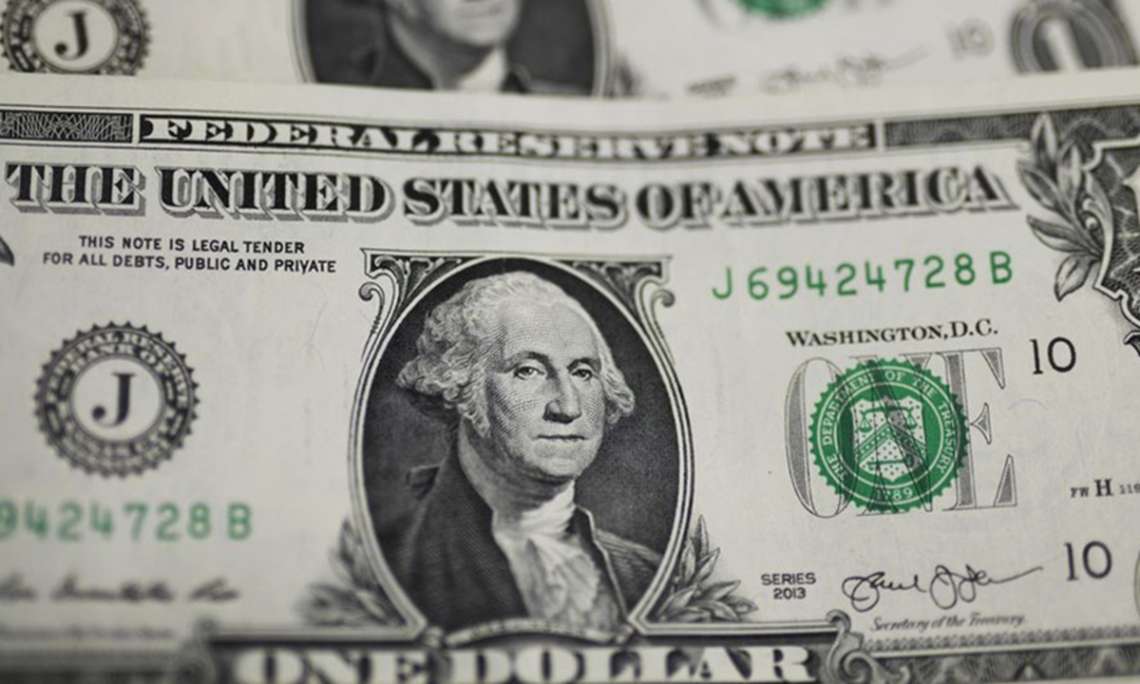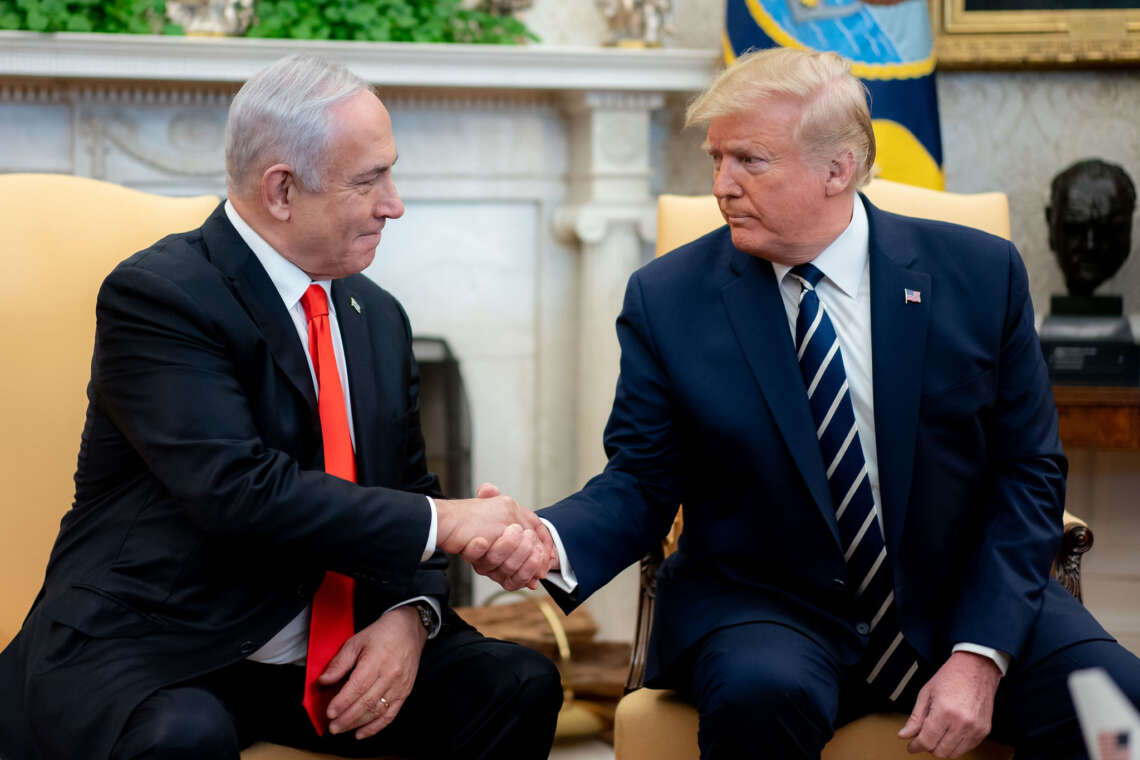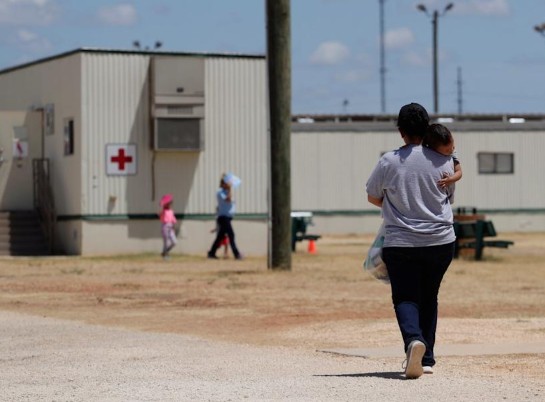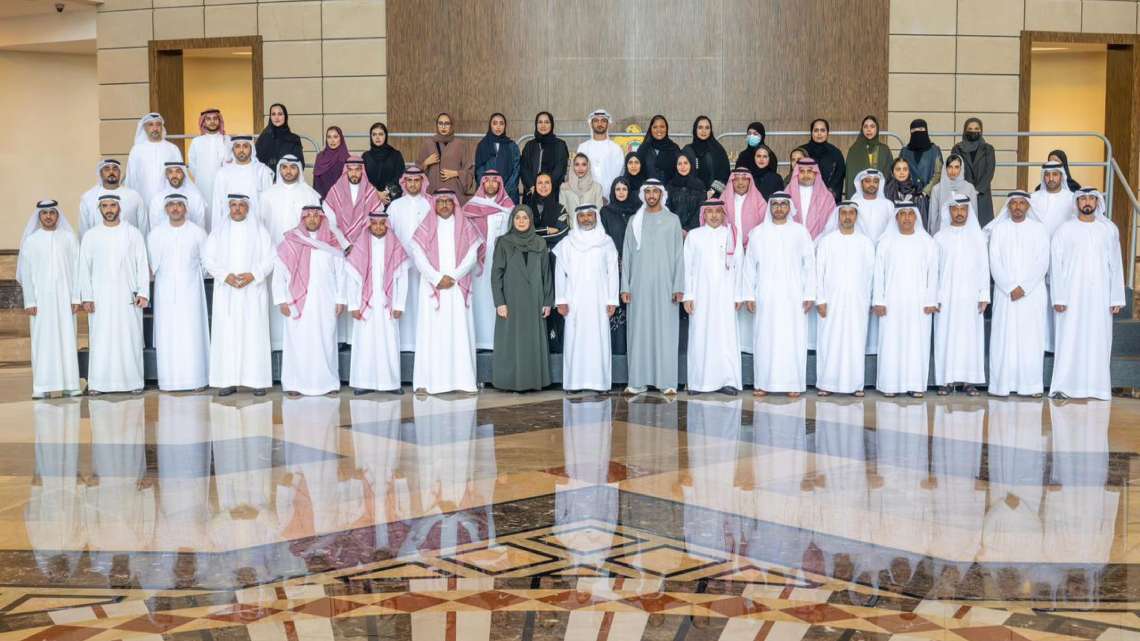Biden’s visit won’t make breakthrough in resolving Palestinian-Israeli conflict … writes Saud Abu Ramadan, Emad Drimly
The upcoming visit of U.S. President Joe Biden to Israel and the Palestinian territories won’t make any “serious breakthrough” in resolving the Palestinian-Israeli conflict, Palestinian analysts said.
The Biden administration is not serious about finding political solutions to the Palestinian cause and tries to focus on improving the economic conditions of the Palestinians while maintaining Israel’s grip over Palestinian security, they said.
Ahmad Rafiq Awwad, a political science professor at the Al-Quds University, said the Palestinians do not expect a breakthrough or a significant shift in the U.S. policy toward the Palestinian cause or even the Palestinian-Israeli conflict.
“All we heard from Washington is that it supports the two-state solution,” he said. “It’s just statements, as they did not specify when, how, where, and what are the mechanisms to embody it on the ground.”
Awwad called on the United States to take concrete steps before Biden’s visit, such as removing the Palestine Liberation Organization (PLO) from the terrorism list, reopening the PLO office in Washington and the U.S. consulate in East Jerusalem, and resuming aid to the Palestinian Authority.
“These are promises made by the U.S. government but have not been implemented so far,” he told Xinhua.
Awwad predicted that Biden might announce that he would provide the Palestinians with financial incentives and take symbolic steps that do not upset the Israelis, such as the expansion of Palestinian geographical jurisdiction in some areas of the West Bank, a specific settlement freeze, and symbolic supervision of border crossing points.
“The U.S. government suffers from weakness, confusion, hypocrisy,” he noted, adding Biden’s visit was mainly intended to boost his party’s electoral advantage by focusing on Israel’s security.
Nearly 29 years after signing a peace agreement with Israelis to put an end to decades of hostilities between the two sides, the Palestinians have become more and more frustrated with the U.S. policy. Because of significant disagreements over security, Israeli settlement expansion, and the establishment of a Palestinian state on the 1967 borders with East Jerusalem as its capital, the peace negotiations between Israel and the Palestinians, sponsored by Washington, have stalled since March 2014.
Biden’s visit to the Palestinian territories “is secondary and on the sidelines of the real goals of his tour,” said Abdulmajid Sweilem, a political analyst from the West Bank city of Ramallah.
He said the visit “is a political courtesy,” during which Biden is expected to “repeat Washington’s old slogans of adhering to the two-state solution and protecting the Palestinian people’s right to dignity and security, among other cliches.”
“Ultimately, these cliches mean improving the lives of the Palestinians under the framework of Israeli domination and limited Palestinian self-rule,” said Sweilem.
In a phone call with U.S. Secretary of State Antony Blinken on June 30, Palestinian President Mahmoud Abbas said he was looking forward to creating a political horizon for achieving a just and comprehensive peace based on the international resolutions and the two-state solution.
Abbas hoped Biden’s visit would help boost the two-state solution, and stop Israel’s settlement expansion and expulsion of Palestinians from their homes in East Jerusalem. But Palestinian analysts deeply doubted the U.S. leader will do so.
Talal Okal, a Gaza-based political analyst, believed Biden is aware that the time “is not yet ripe for launching a peace process in the region” with regard to the Palestinian-Israeli conflict.
“Because of a number of factors, including the failure of previous U.S. governments in this test, the Palestinian-Israeli issue does not constitute any priority in U.S. foreign policy,” Okal told Xinhua.
Biden prioritizes other concerns over the Palestinian-Israeli conflict because they are more urgent to him on both domestic and international levels, he noted.













